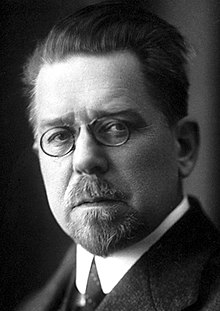
Władysław Stanisław Reymont was a Polish novelist and the laureate of the 1924 Nobel Prize in Literature. His best-known work is the award-winning four-volume novel Chłopi.

The Peasants is a novel written by the Polish author Władysław Reymont in four parts between 1904 and 1909. He started writing it in 1897, but because of a railway accident and health problems, it took seven years to complete. The first parts of the story were published in the weekly magazine Tygodnik Illustrowany. The novel has been translated into at least 27 languages. Władysław Reymont received the 1924 Nobel Prize in Literature for this work.
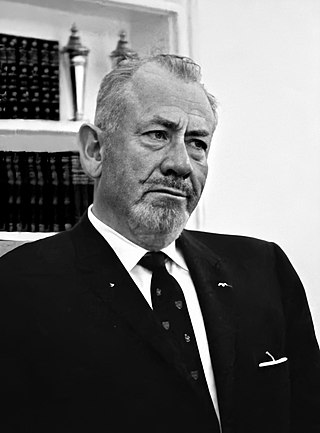
The 1962 Nobel Prize in Literature was awarded to the American author John Steinbeck (1902–1968) "for his realistic and imaginative writings, combining as they do sympathetic humour and keen social perception."
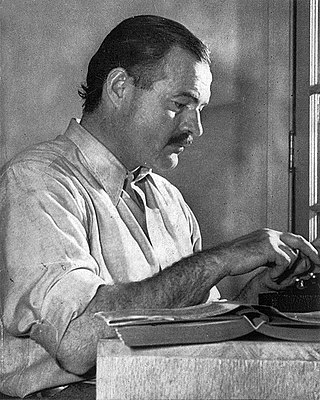
The 1954 Nobel Prize in Literature was awarded to the American author Ernest Hemingway (1899–1961) "for his mastery of the art of narrative, most recently demonstrated in The Old Man and the Sea, and for the influence that he has exerted on contemporary style."
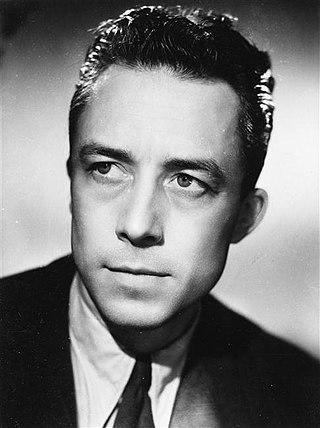
The 1957 Nobel Prize in Literature was awarded the French writer Albert Camus (1913–1960) "for his important literary production, which with clear-sighted earnestness illuminates the problems of the human conscience in our times." He is the ninth French author to become a recipient of the prize after Catholic novelist François Mauriac in 1952, and the fourth philosopher after British analytic philosopher Bertrand Russell in 1950.

The 1938 Nobel Prize in Literature was awarded to the American author Pearl S. Buck (1892–1973) "for her rich and truly epic descriptions of peasant life in China and for her biographical masterpieces." Buck was the first female American to be awarded the Nobel Prize and the third American recipient following Eugene O'Neill in 1936 and Sinclair Lewis in 1930. She was also the fourth woman to receive the prize.

The 1905 Nobel Prize in Literature was awarded to the Polish novelist Henryk Sienkiewicz (1846–1916) "because of his outstanding merits as an epic writer." He was given the prize on 10 December 1905. He is the first Polish author to win the Nobel Prize in the literary category and the second Polish citizen to win in general after the chemist Maria Skłodowska Curie in 1903. He was followed by Władysław Reymont in 1924.
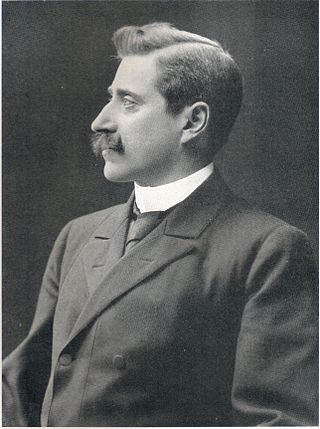
The 1916 Nobel Prize in Literature was awarded to the Swedish poet and prose writer Verner von Heidenstam (1859–1940) "in recognition of his significance as the leading representative of a new era in our literature." Heidenstam was the second Swedish Nobel laureate in Literature after Selma Lagerlöf in 1909.

The 1931 Nobel Prize in Literature was posthumously awarded to the Swedish poet Erik Axel Karlfeldt (1864–1931) with the citation: "The poetry of Erik Axel Karlfeldt." He was the third Swede to win the prize and remains the only recipient to be posthumously awarded. Karlfeldt had been offered the award already in 1919 but refused to accept it, because of his position as permanent secretary to the Swedish Academy (1913–1931), which awards the prize.

The 1907 Nobel Prize in Literature was awarded to the British writer Rudyard Kipling (1865–1936) "in consideration of the power of observation, originality of imagination, virility of ideas and remarkable talent for narration which characterize the creations of this world-famous author." He is the first English-language writer to receive the prize, and being aged 41, is its youngest recipient to date.

The 1913 Nobel Prize in Literature was awarded to the Bengali polymath Rabindranath Tagore (1861–1941) "because of his profoundly sensitive, fresh and beautiful verse, by which, with consummate skill, he has made his poetic thought, expressed in his own English words, a part of the literature of the West." He is the first and remains only the Indian recipient of the prize. The award stemmed from the idealistic and accessible nature of a small body of translated material, including the translated Gitanjali.

The 1939 Nobel Prize in Literature was awarded to the Finnish writer Frans Eemil Sillanpää (1888–1964) "for his deep understanding of his country’s peasantry and the exquisite art with which he has portrayed their way of life and their relationship with Nature." He is the first and the only Finnish recipient of the prize.
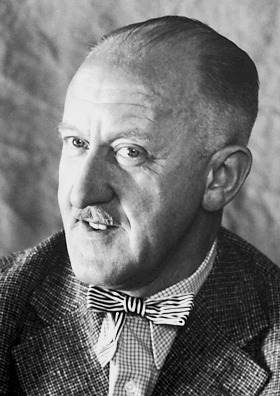
The 1955 Nobel Prize in Literature was awarded to the Icelandic writer Halldór Kiljan Laxness (1902–1998) "for his vivid epic power which has renewed the great narrative art of Iceland." He is the first and only Icelandic recipient of the Nobel prize in all categories. The literary critic Sveinn Hoskuldsson described him, saying:
"His chief literary works belong to the genre... [of] narrative prose fiction. In the history of our literature Laxness is mentioned beside Snorri Sturluson, the author of "Njals saga", and his place in world literature is among writers such as Cervantes, Zola, Tolstoy, and Hamsun... He is the most prolific and skillful essayist in Icelandic literature both old and new..."

The 1928 Nobel Prize in Literature was awarded to the Danish-born Norwegian novelist Sigrid Undset (1882–1949) "principally for her powerful descriptions of Northern life during the Middle Ages." She is the third female recipient of the literature prize.

The 1929 Nobel Prize in Literature was awarded to the German author Thomas Mann (1875–1955) "principally for his great novel, Buddenbrooks, which has won steadily increased recognition as one of the classic works of contemporary literature." He is the fourth German author to be awarded the literature prize after Paul von Heyse in 1910.
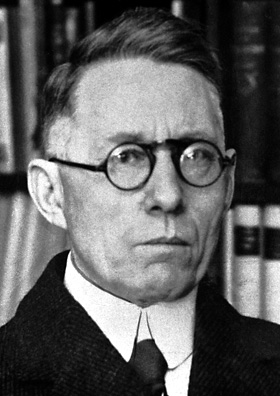
The 1944 Nobel Prize in Literature was awarded to the Danish author Johannes V. Jensen "for the rare strength and fertility of his poetic imagination with which is combined an intellectual curiosity of wide scope and a bold, freshly creative style." He is the fourth Danish recipient of the literary prize.

The 1919 Nobel Prize in Literature was awarded to the Swiss poet Carl Spitteler (1845–1924) "in special appreciation of his epic, Olympian Spring." Spitteler received his prize the following year after the Nobel Committee decided that none of the 1919 nominations met the criteria as outlined in Alfred Nobel's will. He is the first Swiss recipient of the literature prize.

The 1920 Nobel Prize in Literature was awarded to the Norwegian author Knut Hamsun (1859–1952) "for his monumental work, Growth of the Soil." He was the second Norwegian Nobel laureate in literature after Bjørnstjerne Bjørnson won in 1903.

The 1927 Nobel Prize in Literature was awarded to the French philosopher Henri Bergson (1859–1941) "in recognition of his rich and vitalizing ideas and the brilliant skill with which they have been presented." He was the second philosopher to gain the Nobel Prize after Rudolf Christoph Eucken won in 1908.
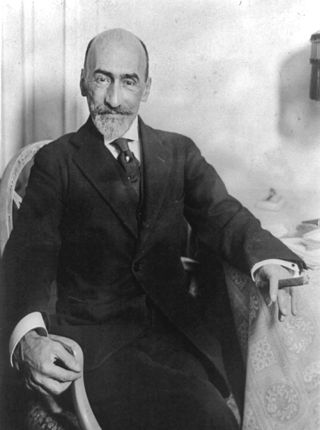
The 1922 Nobel Prize in Literature was awarded to the Spanish dramatist Jacinto Benavente (1866–1954) "for the happy manner in which he has continued the illustrious traditions of the Spanish drama".
